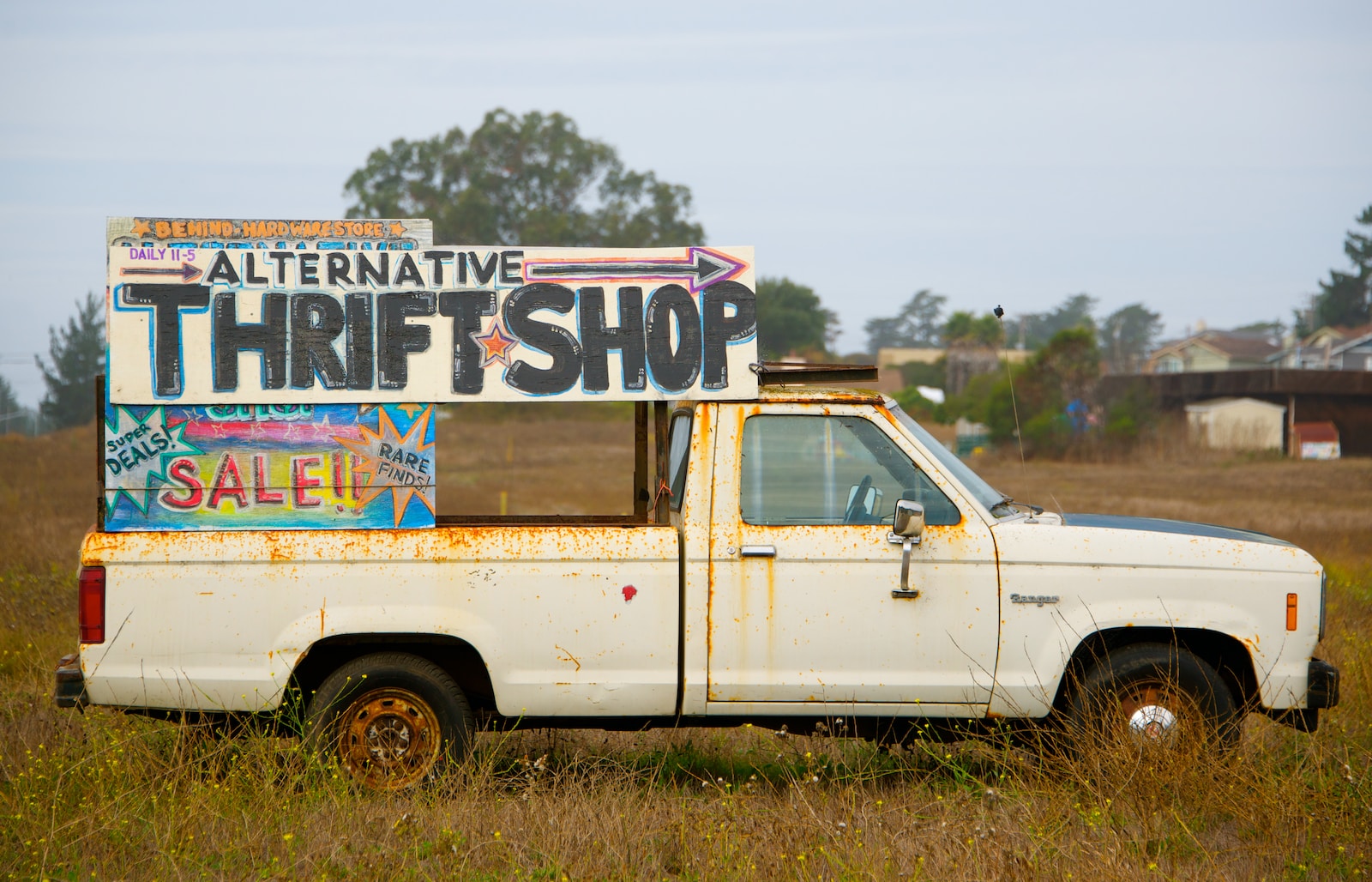In this last post of our series covering the 5 R’s of Zero Waste, we are closing the loop on resource consumption by talking about Responsible Recycling. Ready to take your environmental commitment to the next level? Let’s dive into the key steps of how your journey towards Zero Waste can become a successful one through and through.
Why Is Recycling Important?
While diligently following the first four R’s (Refuse, Reduce, Reuse, and Repurpose) naturally reduces the amount of waste produced, they don’t eliminate it entirely. Responsible recycling plays a vital role in conserving resources. By recycling already existing materials like glass and metal, we reduce our dependence on virgin resources (e.g. trees, sand, new metals…) and therefore minimise our environmental impact. On top of that, recycling diverts waste from landfills and many recycled materials can be transformed into new products, such as plastic bottles that get turned into fleece.
Recycling Basics
However, recycling isn’t as simple as throwing everything in the blue bin. Different materials have varying recycling capabilities, and local guidelines might differ. Glass and metal, for example, can be recycled indefinitely without significant quality loss, creating a closed-loop system. Plastic, on the other hand, degrades with each recycling cycle, ultimately ending up in landfills.
To maximise the effectiveness of your recycling efforts, follow these essential tips:
- Know your local guidelines: Different locations have varying rules regarding acceptable materials and sorting methods. Understanding your local guidelines ensures you recycle correctly and efficiently.
- Sort and clean (lightly): While a thorough wash isn’t necessary and wastes water, ensure your recyclables are empty, dry, and sorted according to local instructions. This avoids contamination and facilitates efficient processing.
- Compost food scraps: Food scraps account for a significant portion of landfill waste. Composting transforms them into nutrient-rich fertiliser for your garden, reducing waste and promoting sustainability.
- Support companies using recycled materials: Make conscious choices by supporting brands and products that use recycled materials in their packaging and production. This incentivises the use of recycled content and strengthens the circular economy.
Mastering Responsible Recycling
Here are some common misconceptions and lesser-known tips for recycling:
- Cooked food doesn’t belong in organic waste: It attracts pests that can infest your compost and hinder proper composting.
- Ditch biodegradable trash bags: While they decompose faster than regular plastic bags, their decomposition time is still too long for organic waste processing. Opt for paper bags or line your organic waste with old newspapers.
- Oil belongs in designated collection points: Don’t pour it down the drain or discard it with regular waste. Look for designated oil collection points at supermarkets or recycling centres. Small leftovers of hardened oil can also be wiped out of the pan with a tissue and deposited in the regular trash.
- Beware of the batteries: Most stores selling batteries collect them or provide information about designated drop-off locations. Most batteries contain various heavy metals and toxic chemicals such as mercury, lead, and lithium. These materials can be extremely harmful to the environment and human health if they leak or are improperly disposed of.
Remember, responsible recycling isn’t just about putting things in the right bin. It’s about understanding the bigger picture and making conscious choices throughout your daily life. We from Faircado want to help you with exactly that, by making sustainable shopping as accessible as possible. That’s why we came up with a browser extension that looks for second-hand alternatives while browsing online. That way, you can instantly discover pre-loved alternatives without all the hassle. It’s a seamless way to make more conscious choices, save money, and reduce your environmental impact.
Want to check out our other articles around the 5 R’s of zero waste? Learn more about how to Refuse, Reduce, Reuse, and Repurpose.









